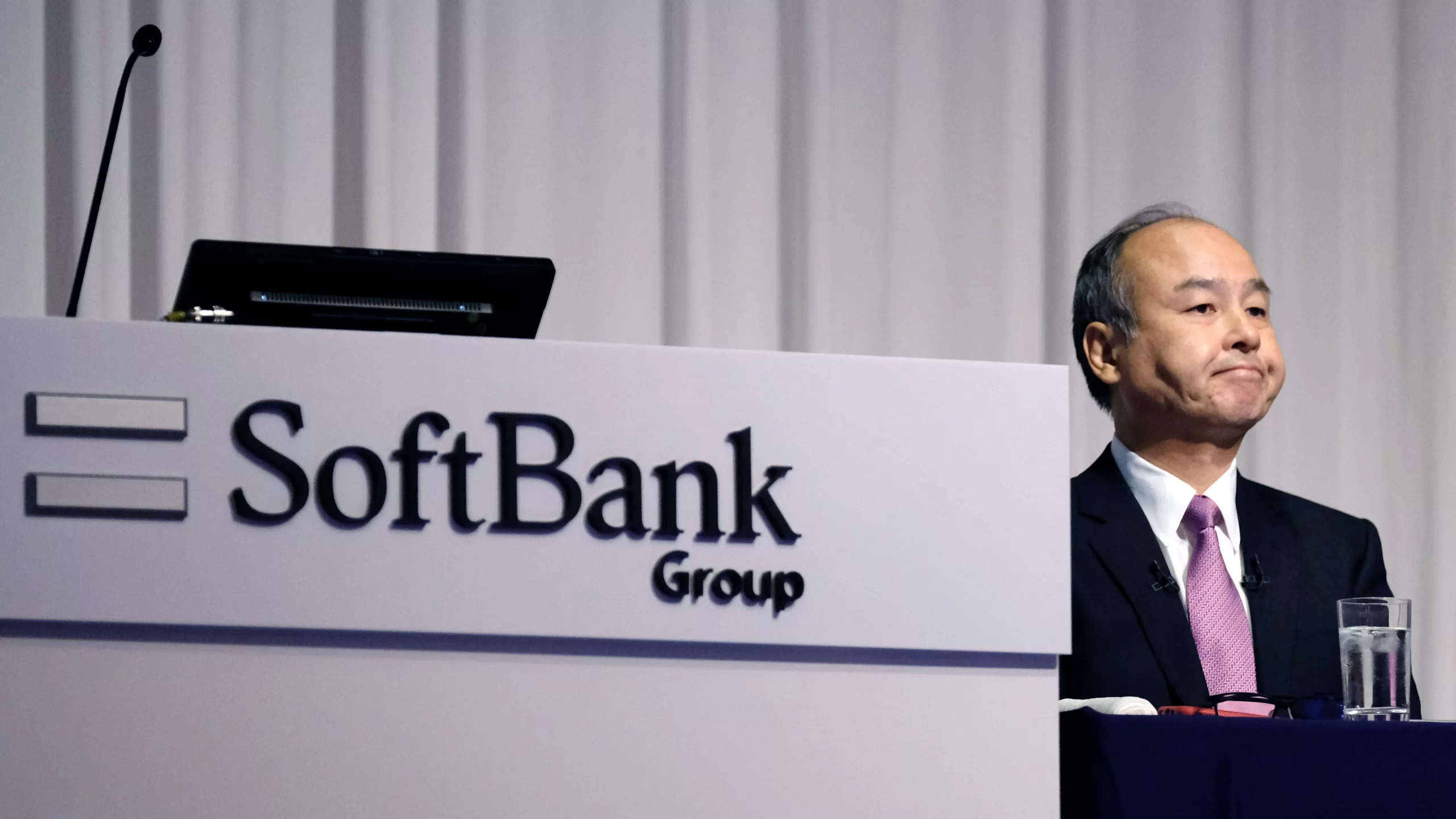SoftBankGroup has witnessed a 1.26% increase in its stock price, indicating a renewed vigor, but, long-term investors appear cautious, perhaps due to uncertainty surrounding this transformation.
The bank, along with its Vision Fund, recently allocated $1.8 billion to startups and other ventures in the last quarter, a significant shift from the approximately $500 million invested in each of the preceding three quarters. This shift reflects a clear strategic change, which has been attributed, in part, to the new frenzy in artificial intelligence (AI).
Masayoshi Son, SoftBank’s Chief Executive, articulated his aspiration for the company to lead the AI revolution after a period of profound self-reflection, an emotional journey that precipitated this revelation. This development comes amidst a backdrop of rising AI interest and its implications for SoftBank’s ventures.
Benefiting from this AI wave, SoftBank’s stock has surged by 24% this year, primarily driven by the overall resurgence in the tech sector. The surge in AI enthusiasm has fostered optimism about the valuation of Arm, a chip designer SoftBank acquired in 2016 for $32 billion. Nonetheless, despite these encouraging market movements, SoftBank’s financial performance tells a different story.
Surprisingly, SoftBank reported a net loss of 477.6 billion yen ($3.3 billion) for the second quarter, contrary to expectations of turning a profit. Notably, the losses were attributed to investments, mainly due to declines in the share prices of Alibaba, Deutsche Telekom, and T-Mobile. This unexpected setback underscores the complexities of SoftBank’s investment landscape.
Within this scenario, the flagship SoftBank Vision Fund (SVF) emerged with positive outcomes. After experiencing five consecutive quarters of losses, the world’s largest tech-focused investment fund generated gains of 159.8 billion yen ($1.1 billion). These gains were linked to SVF’s investments in SoftBank’s subsidiaries, notably Arm—a UK chipmaker on the verge of an initial public offering (IPO).
Despite the progress, not all of SoftBank’s forays into the AI domain have yielded success. SVF’s involvement with the Chinese AI firm SenseTime resulted in a drop of over 57% in share value last year, indicating the volatile nature of AI-related investments.
As SoftBank embarks on its AI-driven journey, challenges and uncertainties lie ahead. The recent financial loss, while contrasted by SVF’s gains, highlights the delicate balance the company faces. Furthermore, the potential risks tied to AI hype becoming hollow underscore the need for careful navigation in this rapidly evolving landscape.
SoftBank’s evolving strategy, characterized by its AI focus and investment shifts, has triggered a mixed response from investors. The stock’s increase signifies optimism, while the unexpected financial loss and the cautionary tales of AI startups underscore the need for diligence. SoftBank’s trajectory, underpinned by Masayoshi Son’s determination, navigates the intersection of AI opportunity and investment challenges. The company’s strategic metamorphosis will be watched closely as it continues to grapple with the uncertainties and promises of the AI era.











+ There are no comments
Add yours